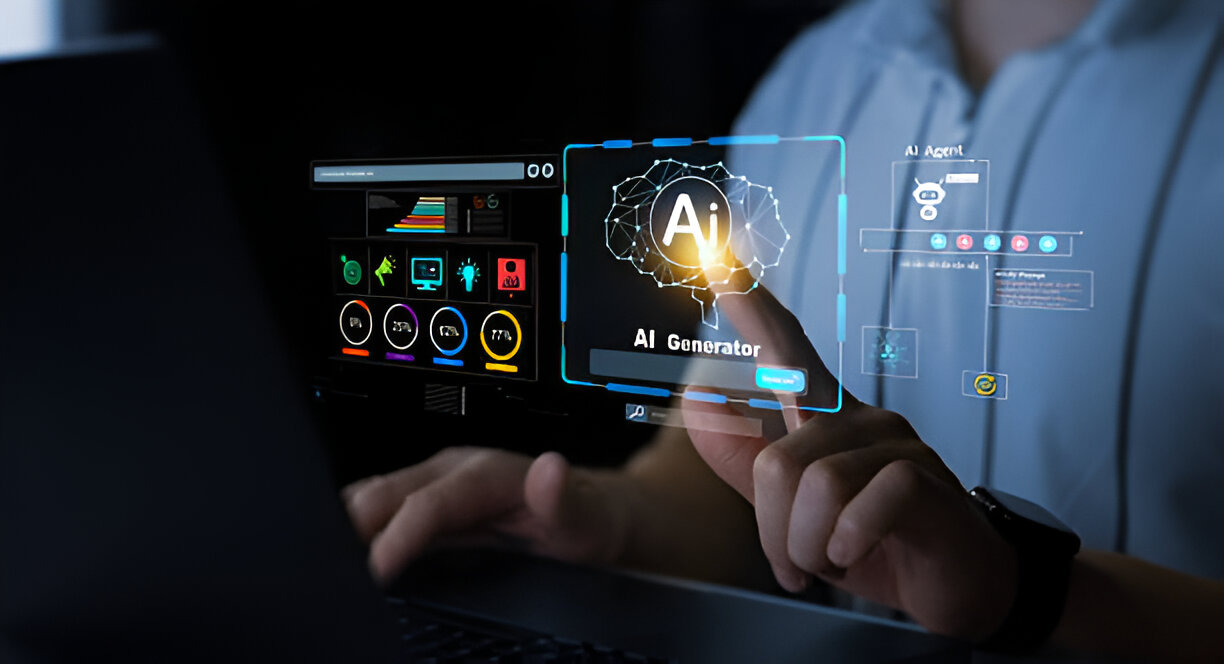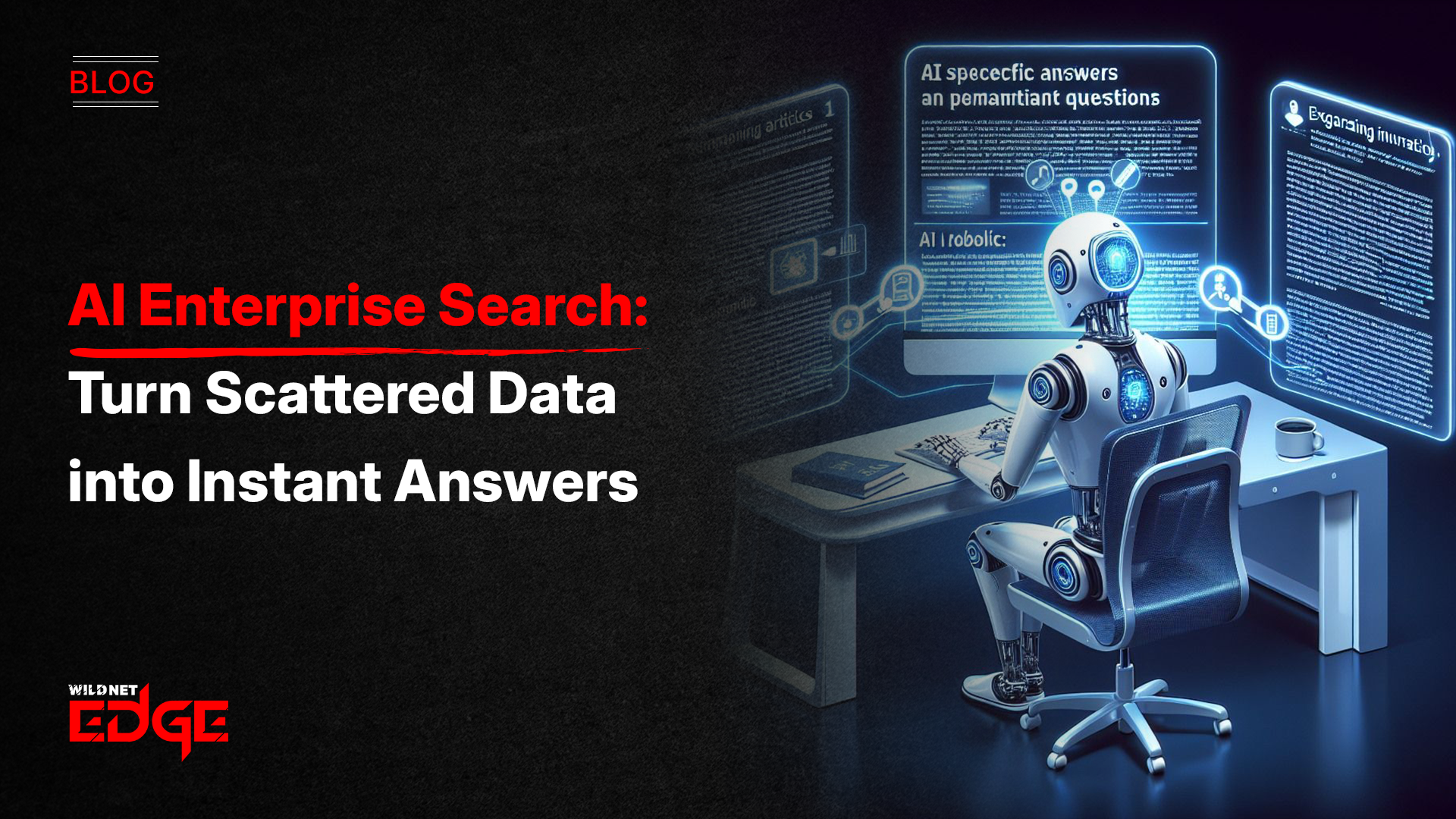In today’s fast-paced digital world, customer service is under immense pressure to evolve. Enter Salesforce AI chatbots—a revolutionary solution that has the potential to redefine customer support. Are you struggling with slow response times, limited availability, and the high costs associated with traditional customer service? What if you had an assistant that never sleeps, always responds quickly, and learns from every interaction? This is not only a possibility but a reality for businesses leveraging AI technology. As consumers expect faster, more personalized experiences, it begs the question: how can Salesforce AI chatbots significantly enhance these interactions?
Salesforce AI chatbots are designed to automate support conversations efficiently, ensuring that customer inquiries are handled promptly. We will explore how these chatbots function, their advantages, and how they can propel your business forward in customer service excellence.
Enhancing Customer Service with AI
Importance of Customer Service AI
The role of customer service AI is vital in today’s market. Customers now prefer instant gratification; they want answers without waiting hours or days. Salesforce AI chatbots rise to this challenge by providing seamless interactions that are both efficient and engaging. They are capable of handling thousands of inquiries simultaneously without compromising quality or response time.
By integrating AI into customer service, businesses can achieve:
- Increased Efficiency: AI chatbots work around the clock, allowing businesses to provide 24/7 support without additional staffing costs.
- Enhanced Responsiveness: Automation reduces wait times, enabling quicker resolution of customer issues.
- Data-Driven Insights: AI chatbots can collect valuable data through conversations, helping businesses understand customer needs and preferences better.
Ultimately, harnessing Salesforce AI chatbots positions companies to meet customer expectations effectively in an increasingly competitive landscape.
Key Features of Salesforce AI Chatbots
Salesforce AI chatbots come with an array of features designed to enhance customer support interactions. Understanding these features can help you leverage the full potential of this technology. Some essential features include:
- Personalization: Salesforce chatbots utilize machine learning to tailor responses based on previous interactions, customer preferences, and behavior.
- 24/7 Availability: Customers can receive assistance at any time, significantly boosting satisfaction and engagement.
- Seamless Integration: These chatbots integrate effortlessly with existing Salesforce platforms and databases, providing a consolidated view of customer interactions.
- Multi-Channel Support: AI chatbots can engage customers across various platforms such as websites, social media, and mobile applications.
By focusing on these features, companies can create a responsive support environment that meets customers where they are, enhancing overall experience and loyalty.
How Salesforce AI Chatbots Work
Underlying Technology of Chatbots
At the heart of Salesforce AI chatbots lies sophisticated technology that powers their functionality. Natural Language Processing (NLP) and machine learning are instrumental in enabling chatbots to comprehend and process human language effectively.
- Natural Language Processing: NLP allows chatbots to understand the context, intent, and sentiment of user requests, enabling them to respond appropriately.
- Machine Learning: Over time, these chatbots learn from interactions, continuously improving their performance, understanding user preferences, and efficiently handling a wider range of queries.
This technology enhances user experience drastically. Users benefit from quick responses that feel personal and relevant, minimizing the frustration often associated with automated support.
Chatbot Integration with Salesforce
Integrating chatbots with the Salesforce ecosystem is straightforward, vastly improving business operations. Once integrated, chatbots can access customer data, allowing them to deliver contextual assistance that resonates with the user’s history and preferences.
Successful integration can lead to significant outcomes; for instance:
- Retail Example: A retail company used Salesforce chatbots to automate frequently asked questions about product availability. The result? A 30% decrease in support tickets and improved customer satisfaction scores within three months.
- Healthcare Example: A healthcare provider implemented chatbots for appointment scheduling and reminders, reducing no-show rates by over 25%.
These examples illustrate how seamless integration can drive value, reduce workload, and elevate customer satisfaction.
Real-World Applications of Salesforce AI Chatbots
Case Studies of Successful Implementations
Many businesses have successfully implemented Salesforce AI chatbots, demonstrating their effectiveness in various sectors. For example:
- Airlines: An airline adopted AI chatbots to manage customer inquiries about flight status and cancellations. The results? A 40% increase in customer interaction, with over 85% of inquiries resolved without human intervention.
- E-commerce: A leading e-commerce site implemented a Salesforce chatbot to assist with product recommendations and post-purchase queries. This led to a 20% increase in sales conversions through proactive follow-ups.
These case studies highlight the tangible benefits of leveraging Salesforce AI chatbots across industries, confirming their potential to reshape customer interactions.
Comparison of Chatbot vs. Traditional Support
When evaluating chatbots against traditional customer support, the differences are striking. The efficiencies brought forth by chatbots are evident in several key areas:
| Feature | Chatbots | Traditional Support |
| Response Time | Instant | Hours to days |
| Availability | 24/7 | Limited to business hours |
| Cost | Lower operational costs | Higher due to staffing |
| Customer Satisfaction | High, via personalized support | Varies, often low with wait times |
Incorporating Salesforce AI chatbots can streamline operations, enhance customer interactions, and minimize costs, proving their superiority in many aspects over traditional support methods.
Challenges and Limitations of AI Chatbots
Common Issues in Customer Service AI
Despite their numerous benefits, AI chatbots face challenges that can affect service quality. Some recurring issues include:
- Understanding Context: Chatbots may struggle with nuanced language or ambiguous requests, leading to misunderstandings. This can frustrate customers who expect a human-like interaction.
- Complex Queries: While chatbots excel in routine inquiries, complex issues often require human agents for effective resolution, creating a bottleneck when escalations are needed.
Addressing these issues is crucial for balancing the efficiency of chatbots and the human touch that many customers still desire.
Potential Limitations of Salesforce AI Chatbots
Salesforce AI chatbots, while powerful, have specific limitations to consider:
- Handling Complex Conversations: Emotionally charged or complex queries may overwhelm chatbots, necessitating a human touch for resolution.
- Limited Emotional Intelligence: Chatbots currently lack the ability to empathize with customers, a critical element in customer service interactions.
Recognizing these limitations allows businesses to strategize effectively, ensuring that human agents are available to step in when necessary, thus maintaining a high level of service.
The Future of Customer Service with AI Chatbots
Upcoming Trends in AI Technology
As AI technology continues to advance, the future of customer service with AI chatbots appears promising. Key trends include:
- Enhanced Personalization: Future chatbots will leverage deeper behavioral insights, creating even more personalized experiences for users.
- Integration with Voice Technology: With voice-activated assistants becoming more prevalent, chatbots will likely evolve to handle conversational voice interactions seamlessly.
- Increased Emotional Intelligence: Future versions may incorporate elements of empathy, allowing chatbots to better handle sensitive customer inquiries.
These trends indicate a significant shift towards more intelligent and responsive customer service solutions, driven by Salesforce AI chatbots.
Predictions for Chatbot Enhancement
Industry experts predict several enhancements for chatbots in the coming years:
- Greater Specialization: Companies will increasingly tailor chatbots to specific support areas, improving contextual assistance.
- Collaboration with Human Agents: Future chatbots may operate alongside human staff, managing routine inquiries while providing agents with contextual information for complex cases.
- Improved Analytics: Enhanced data analysis capabilities will allow businesses to optimize customer journeys and refine chatbot performance continually.
These advancements signal a future where chatbots not only support but elevate customer service to new heights.
Conclusion
In summary, Salesforce AI chatbots represent a transformative tool in the realm of customer service. Their ability to automate support conversations improves efficiency, enhances customer satisfaction, and significantly reduces operational costs. As these powerful tools continue to evolve, they stand poised to redefine what customer support looks like in the long run.
With companies like Wildnet Edge leading the charge in AI solutions, businesses can trust they’re implementing innovative approaches to customer service. Whether you’re a burgeoning startup or an established enterprise, exploring AI chatbots could pave the way for unprecedented customer engagement and satisfaction. Don’t let your business fall behind; discover the potential of Salesforce AI chatbots today!
FAQs
Q1: How can Salesforce AI chatbots improve customer service?
Salesforce AI chatbots enhance customer service by providing quick responses, personalized interactions, and 24/7 support, allowing businesses to meet high customer expectations without increasing operational costs.
Q2: What are the key features of customer service AI?
Key features include automated responses, personalization, integration with CRM systems, and real-time analytics for performance monitoring, all of which enhance user experience and operational efficiency.
Q3: Can AI chatbots handle complex customer inquiries?
While chatbots excel at managing simple queries, complex inquiries may require human intervention for effective resolution, especially those involving nuanced or emotional content.
Q4: What industries benefit the most from Salesforce AI chatbots?
Industries such as retail, healthcare, finance, and telecommunications significantly benefit from automating customer service with chatbots, enhancing engagement and operational efficiency.
Q5: How do I integrate Salesforce AI chatbots into my business?
Integration involves identifying key customer touchpoints and implementing the chatbot within your Salesforce environment, ensuring a seamless blend into existing systems for optimal impact.

Nitin Agarwal is a veteran in custom software development. He is fascinated by how software can turn ideas into real-world solutions. With extensive experience designing scalable and efficient systems, he focuses on creating software that delivers tangible results. Nitin enjoys exploring emerging technologies, taking on challenging projects, and mentoring teams to bring ideas to life. He believes that good software is not just about code; it’s about understanding problems and creating value for users. For him, great software combines thoughtful design, clever engineering, and a clear understanding of the problems it’s meant to solve.
 sales@wildnetedge.com
sales@wildnetedge.com +1 (212) 901 8616
+1 (212) 901 8616 +1 (437) 225-7733
+1 (437) 225-7733















 ChatGPT Development & Enablement
ChatGPT Development & Enablement Hire AI & ChatGPT Experts
Hire AI & ChatGPT Experts ChatGPT Apps by Industry
ChatGPT Apps by Industry ChatGPT Blog
ChatGPT Blog ChatGPT Case study
ChatGPT Case study AI Development Services
AI Development Services Industry AI Solutions
Industry AI Solutions AI Consulting & Research
AI Consulting & Research Automation & Intelligence
Automation & Intelligence















